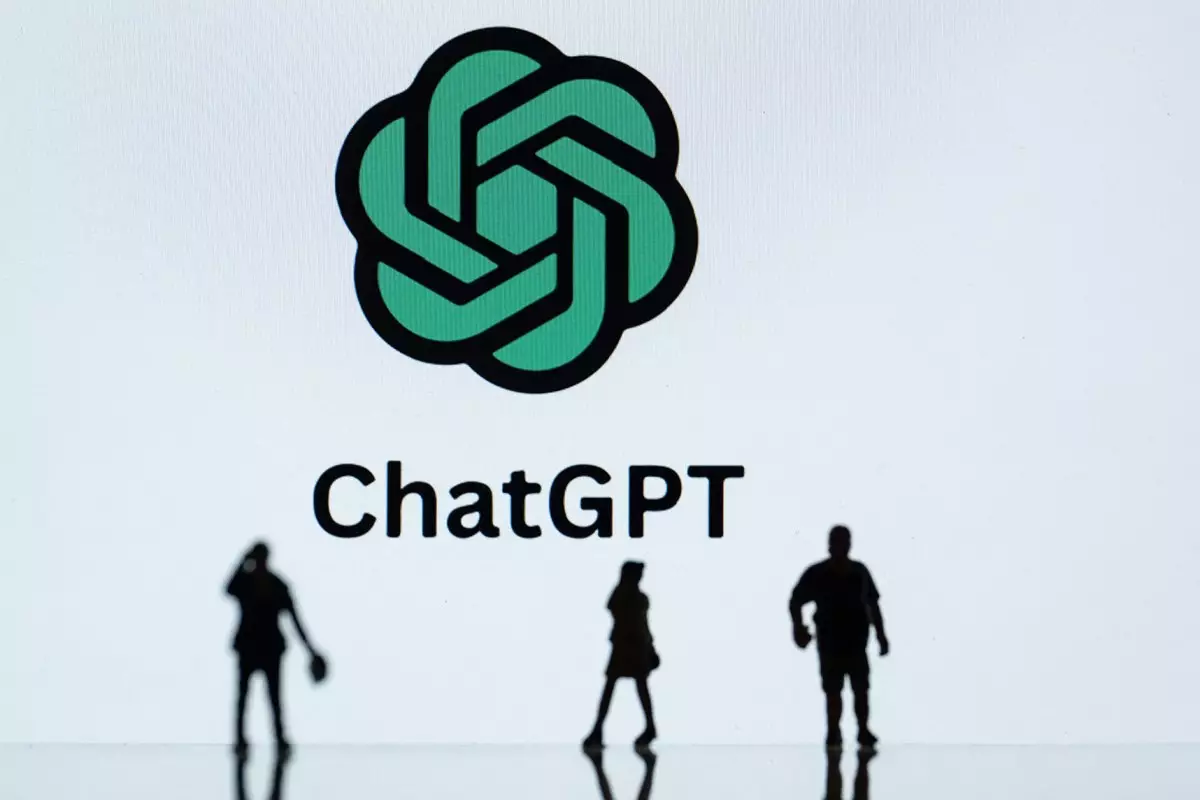OpenAI’s recent decision to remove the warning messages from its chatbot platform, ChatGPT, marks a significant shift in how the AI interacts with users. This transformation, as explained by key figures in OpenAI such as Laurentia Romaniuk and Nick Turley, reflects a desire to enhance user experience by eliminating what they termed “gratuitous/unexplainable denials.” By making conversational limits less explicit, OpenAI aims to foster greater flexibility in how individuals can engage with the chatbot. The comments from Turley emphasize a strategic pivot towards allowing users to utilize the tool according to their needs, provided they adhere to legal and ethical boundaries.
The implications of this change are profound. While ChatGPT will continue to protect against clearly dangerous or harmful inquiries—such as those inciting self-harm or promoting falsehoods—it now rises to meet user expectations for a more expansive exploration of topics, including those deemed sensitive. This alteration acknowledges the complexity of modern conversations, enabling nuanced discussions around mental health and personal issues that were previously cloaked in caution. The potential for users to engage in more adult-oriented dialogues, or even roleplays that involve previously restricted themes, represents a notable broadening of capabilities.
Despite the lifting of some restrictions, it is crucial to note that ChatGPT is not an unmoderated platform. The AI is still programmed to reject requests that facilitate harm or propagate misinformed narratives. OpenAI’s strategic updates appear to strike a balance between allowing users more creative freedom and maintaining responsibility in discourse. This careful approach aims to dismantle the perception of excessive censorship that some users had voiced. Reports from platforms like Reddit highlighted frustrations regarding the chatbot’s prior avoidance of subjects such as erotica and mental health discussions, leading to a sense of alienation among individuals seeking insight or companionship in complex areas.
Furthermore, the timing of these policy changes aligns with a broader political conversation about censorship in AI. As influencers and thinkers express concerns regarding biases in AI outputs, OpenAI’s adjustments could be interpreted as a response to increasing scrutiny from various political factions. Charges that AI technology, especially ChatGPT, harbors an inherent “woke” bias highlight the polarized views surrounding technological development. Consequently, OpenAI’s modifications not only seek to enhance the technical prowess of their offerings but also navigate the tightening intersection of technology, politics, and social responsibility.
The evolution of ChatGPT reflects an ambition to create an all-encompassing AI platform that respects the diverse views and needs of its users. By carefully refining moderation approaches and encouraging open dialogues, OpenAI seems to be positioning ChatGPT as a conversational partner that is more aware of the varied dimensions of human experience. As users engage more deeply with the platform, the delicate equilibrium between user freedom and ethical responsibilities in AI will undoubtedly continue to be a central theme driving future developments. Ultimately, the real challenge ahead lies in maintaining this delicate balance while fostering an inclusive environment that values discourse across the spectrum of human thought and emotion.

